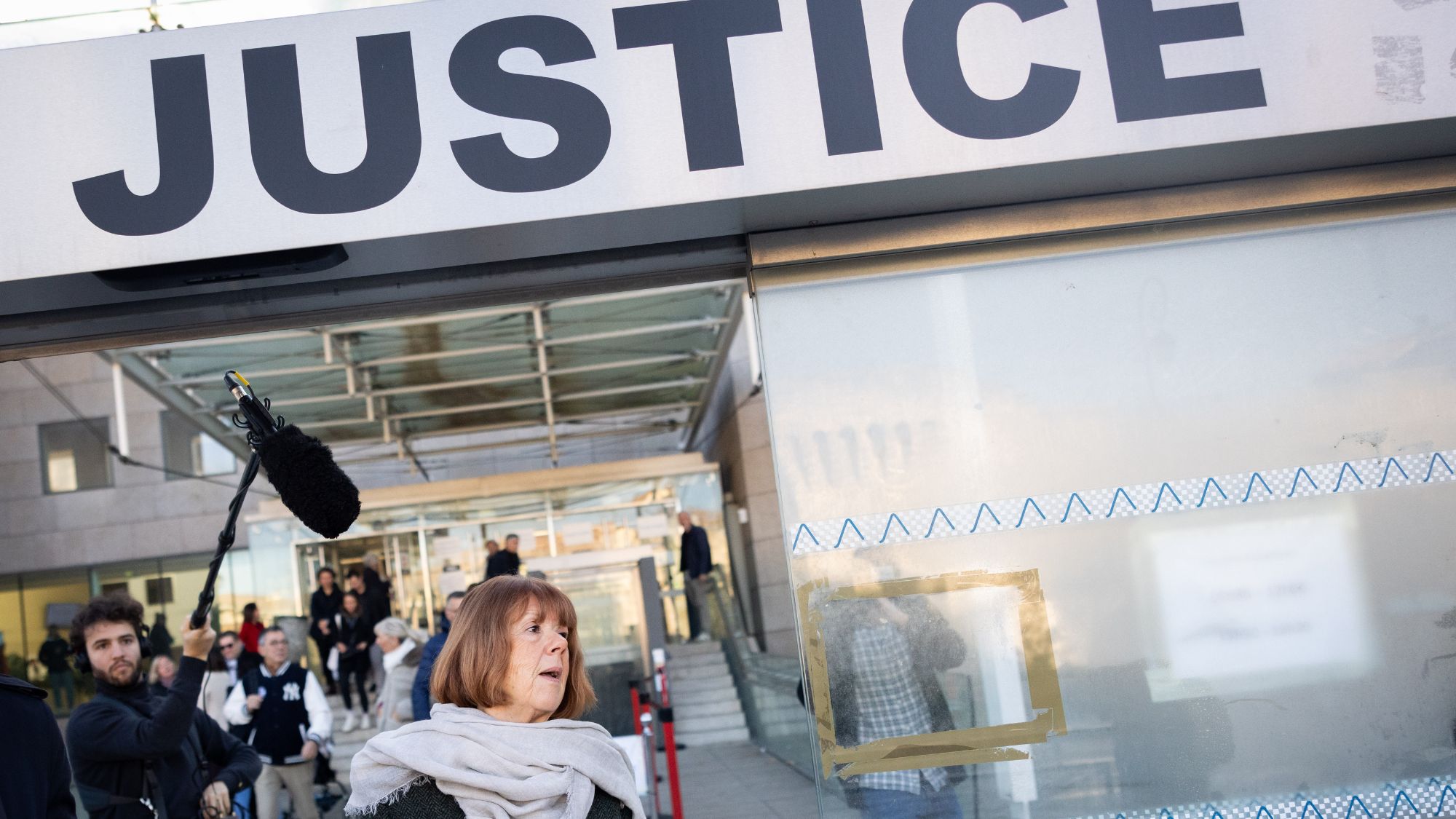Dominique Pélicot, a man guilty of mass rape, has apologised and asked his family for “forgiveness”
Dominique Pélicot has just been found guilty of organising the mass rape of his ex-wife, Gisèle. Now, he wants forgiveness.


Trigger warning: this story involves depictions of sexual assault
Dominique Pélicot—one of France’s worst sex offenders—has been found guilty of drugging his ex-wife, Gisèle Pélicot, raping her and inviting scores of strangers to their home to abuse her. In his closing statement, Dominique Pélicot apologised and asked for his family’s forgiveness. Can he really believe he’s worthy of it?
In keeping with the French judicial system, the final word of the trial went not to the brave Gisèle but to her husband, who has admitted to repeatedly drugging and raping his wife and inviting as many as 50 strangers—several of whom returned—to join in abusing Gisèle over a nine-year period from 2011 to 2020. Dominique, despite admitting to a horrifying catalogue of abuse, used his time on the stand to plead for his family’s forgiveness. Can anyone really be surprised that a man who has demonstrated a horrifying capacity to inflict physical and psychological damage would be so preoccupied with his own selfish needs?
His statement began oddly enough with him praising his wife’s courage. Gisèle’s irrefutable strength is not up for debate—she was named The New European’s Person of the Year and a mock cover of her on Time Magazine’s annual Person of The Year issue has been doing the rounds on social media. As if to provide a stark visual depiction of our polarised times, Donald Trump was the actual recipient of Time’s accolade. And yet, coming from Dominique Pélicot, this praise feels cruelly patronising and rooted in self-preservation. By writing himself into Gisèle’s powerful display of determination he is aligning himself with her bravery instead of her abuse.
A post shared by Vanessa Frake-Harris (@vfh12)
A photo posted by on
“I’m looking for someone to abuse my wife asleep.” is just one example of the many messages Dominique Pélicot posted on online forums for other men, who, as he put it: “like rape mode.” Telling the court that he “regretted” what he had done, Dominique Pélicot then went on to say “I have been called many things, but I rather intend to be forgotten”. What an unworthy privilege that would be—to be forgotten and therefore never truly held accountable for his heinous crimes. How dare he praise Gisèle Pélicot’s courage. Gisèle waived her legal right to anonymity not only as an act of defiance but as a way to show other survivors that the shame in sexual assault belongs to the abuser, not the abused. Meanwhile, Dominique, like his co-defendants who turned up to court hidden behind face masks, caps, and snoods, wishes to slip silently into obscurity.
He seems willing to accept punishment in the form of prison but has evidenced his desire to evade justice elsewhere, Dominique Pélicot wants to be forgotten in the court of public opinion (he surely knows this is the best he could hope for), but forgiven at home. This, to me, shows a staggering lack of accountability and a worrying absence of awareness. Can anyone truly believe this is a crime that could be forgotten, let alone forgiven?
And yet, as I think about all the men who have been both forgotten and forgiven, I find my initial bewilderment that a man accused of violating his wife in the most violent and invasive way could ever hope for forgiveness settling into something altogether sadder: a realisation that in some circles, he may already be forgiven.
Celebrity news, beauty, fashion advice, and fascinating features, delivered straight to your inbox!

Mischa Anouk Smith is the News and Features Editor of Marie Claire UK.
From personal essays to purpose-driven stories, reported studies, and interviews with celebrities like Rosie Huntington-Whiteley and designers including Dries Van Noten, Mischa has been featured in publications such as Refinery29, Stylist and Dazed. Her work explores what it means to be a woman today and sits at the intersection of culture and style. In the spirit of eclecticism, she has also written about NFTs, mental health and the rise of AI bands.